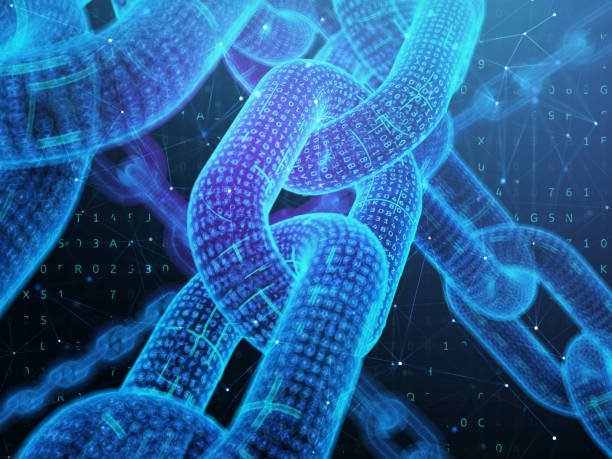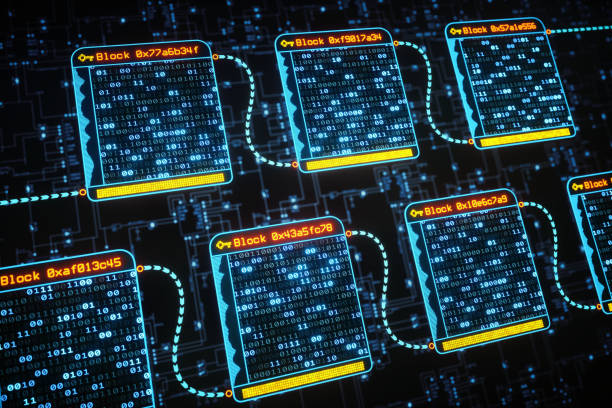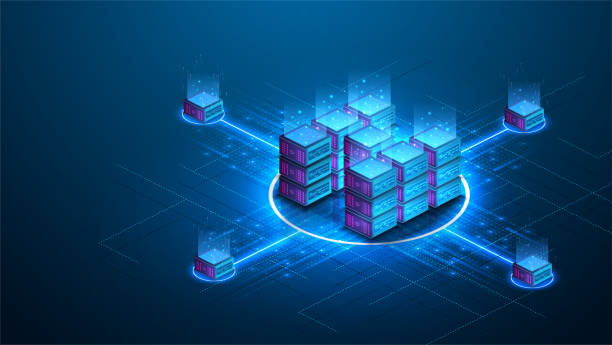Blockchain gaming has revolutionised digital ownership by transforming in-game items into verifiable assets that players can buy, sell, and trade outside traditional gaming ecosystems. Decentralised exchanges (DEXs) are crucial infrastructure in this new paradigm, allowing gamers to exchange their hard-earned virtual items without intermediaries. These peer-to-peer marketplaces provide direct connections between buyers and sellers while offering enhanced security through smart contracts. Players looking to maximise their gaming investments should understand how these platforms work; for cryptogames check crypto.games to explore various titles that generate tradable blockchain assets. Navigating DEXs effectively can transform casual gaming into a potentially profitable activity.
Asset tokenisation basics
Gaming assets on blockchain exist as non-fungible tokens (NFTs) or fungible tokens representing characters, items, land parcels, or in-game currencies. Tokenisation creates verifiable digital scarcity and ownership records that persist independently of the original game’s servers or developers. This standardisation allows assets to trade freely across various marketplaces according to community-determined values rather than prices set by game publishers. Players can leverage these markets to capitalise on rare item acquisitions, strategic investments, or accumulated rewards from regular gameplay.
Market analysis skills
Successfully trading gaming assets requires developing market awareness similar to traditional investment activities. Traders should monitor:
- Price history and volatility patterns
- Trading volume and liquidity trends
- Upcoming game updates or events
- Community sentiment and growth metrics
These indicators help identify potential investment opportunities and optimal timing for buying or selling particular assets. Like any marketplace, supply and demand dynamics heavily influence asset values, with scarce items from popular games typically commanding premium prices.
Token swapping mechanisms
Decentralised exchanges employ different mechanisms to facilitate asset trading. Automated market makers (AMMs) use liquidity pools and mathematical formulas to determine prices without requiring matching buyers and sellers. Order book systems more closely resemble traditional exchanges by listing buy and sell orders at specific prices. Most gaming asset trades involve swapping tokens between different standards. For example, converting an NFT character into a cryptocurrency like Ethereum requires different exchange functionality than trading one NFT for another. Advanced DEXs support multiple token standards within a unified interface, simplifying the trading process.
Portfolio management importance
Successful gaming asset traders typically adopt portfolio management approaches rather than focusing on individual transactions. Diversifying across multiple games and asset types helps mitigate the risks of any particular title losing popularity or making economy-changing updates. Long-term traders balance speculative high-risk assets with more stable investments based on established games with proven player bases. This balanced approach provides growth potential and relative stability in the volatile blockchain gaming market. As the blockchain gaming ecosystem matures, decentralised exchanges will become increasingly important in connecting virtual economies and enabling player ownership. Learning to navigate these platforms effectively gives players more control over their gaming experiences while creating opportunities to profit from their skills and investments.
The intersection of gaming and decentralised finance represents a fundamental shift in how digital value moves between virtual worlds. Players who master gameplay and trading mechanics position themselves advantageously in this evolving landscape, potentially transforming entertainment time into valuable digital asset collections.










